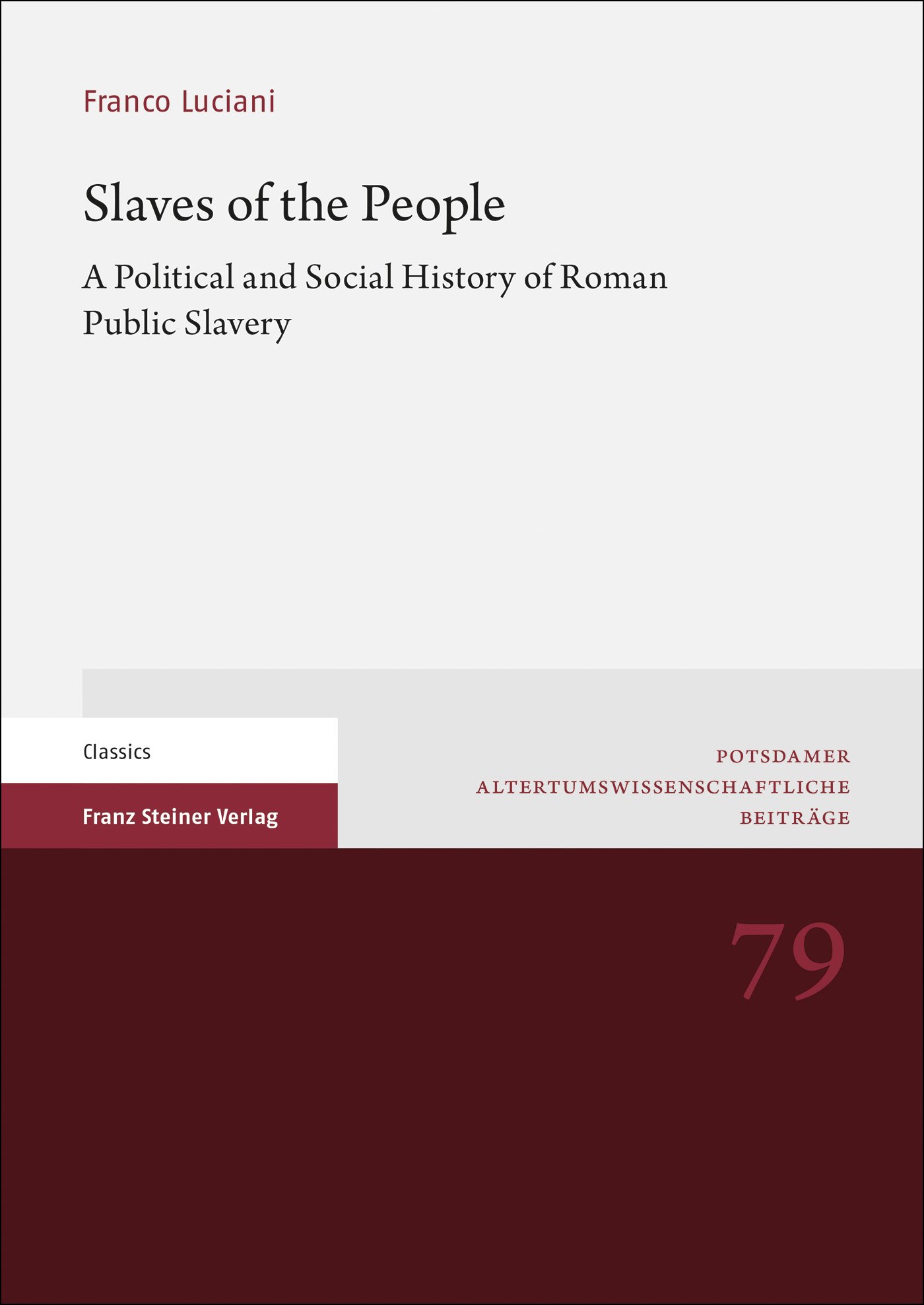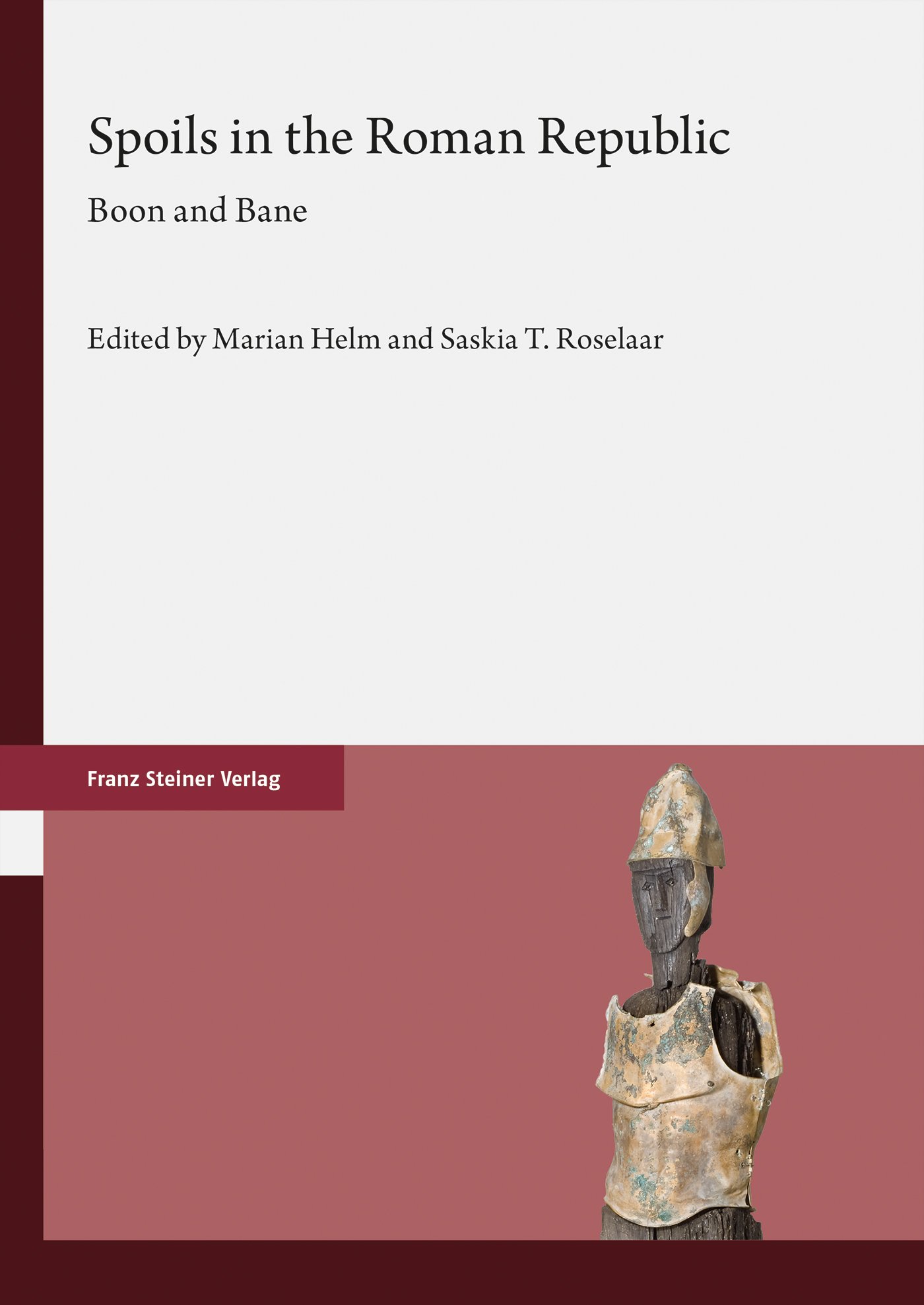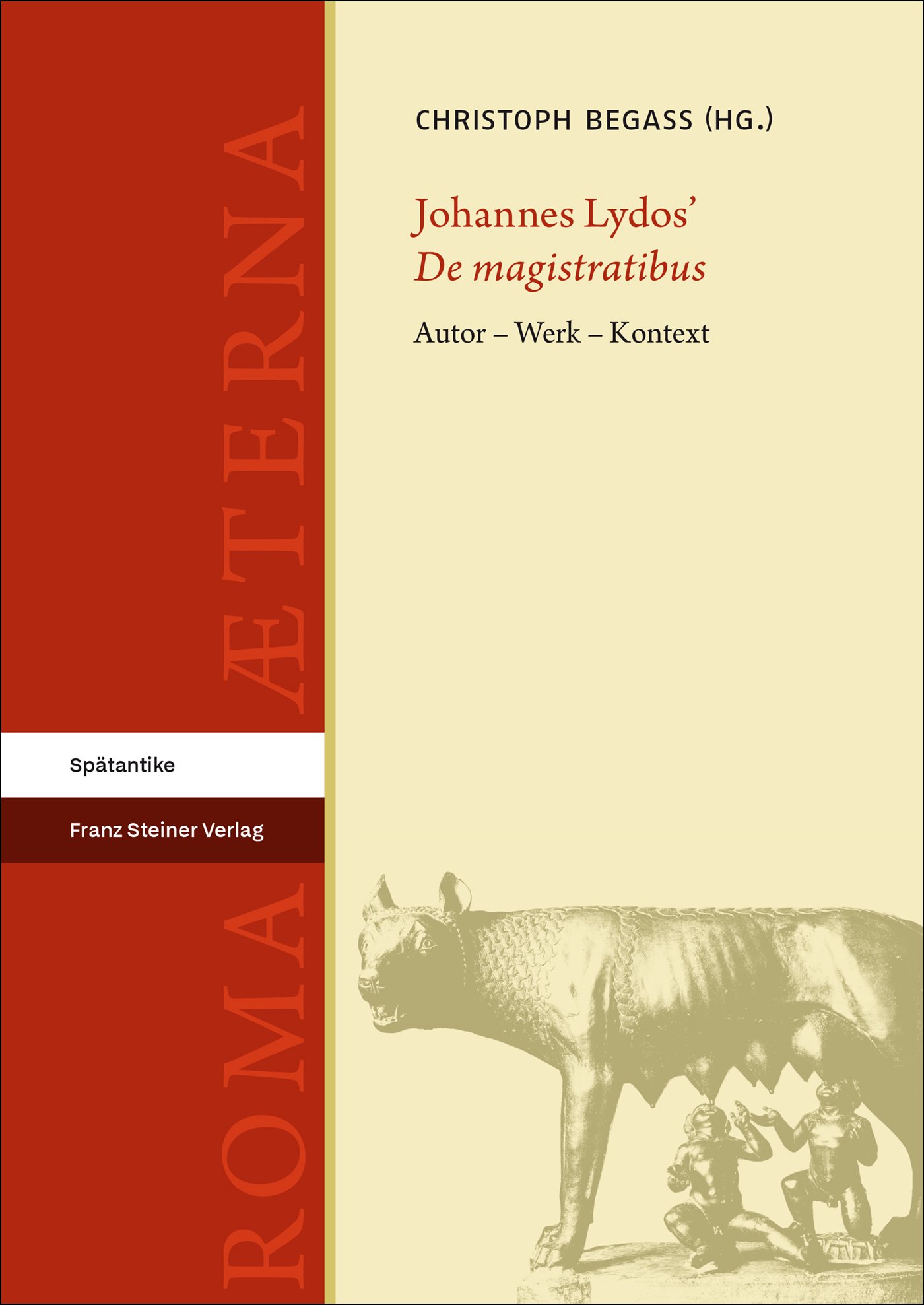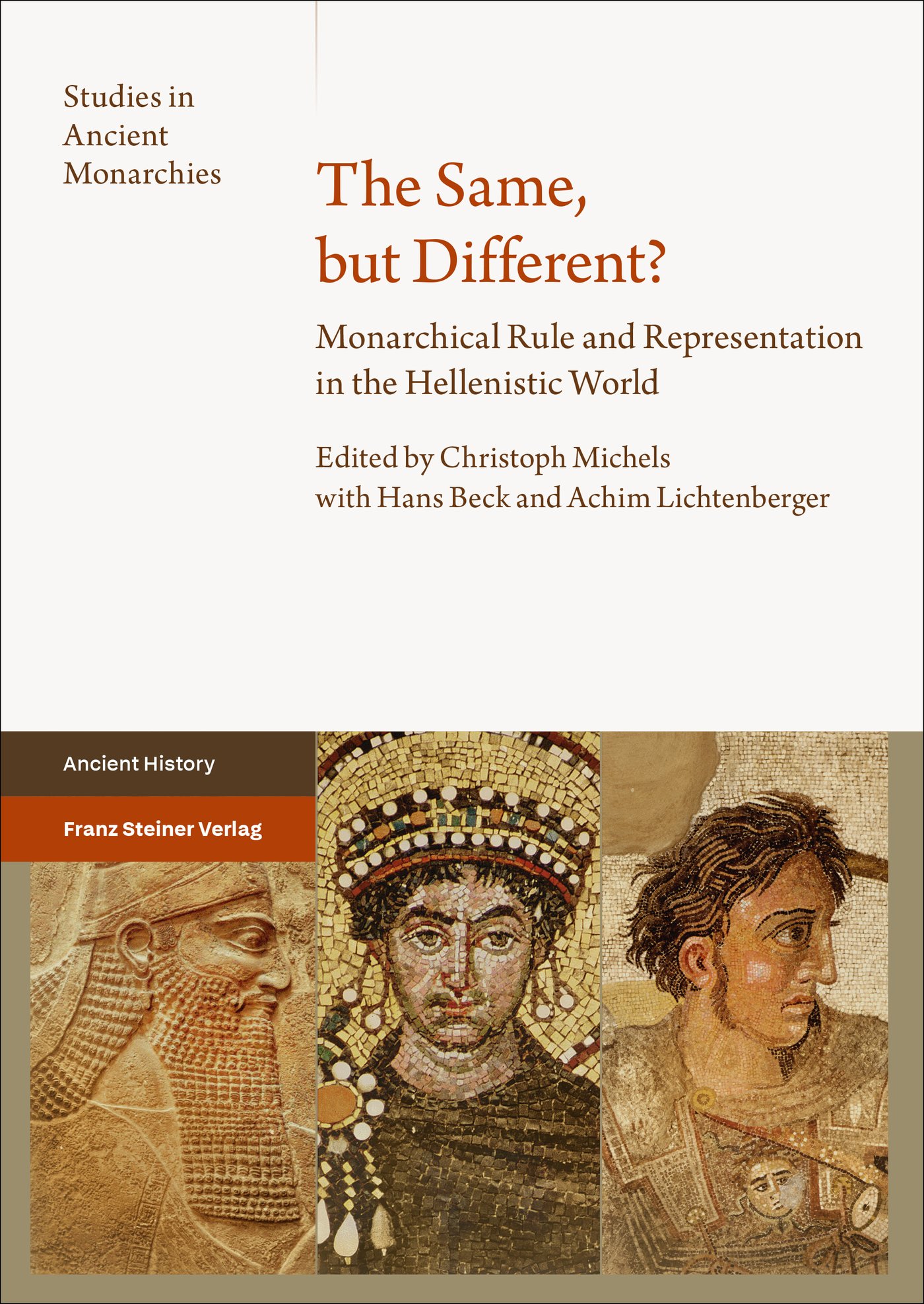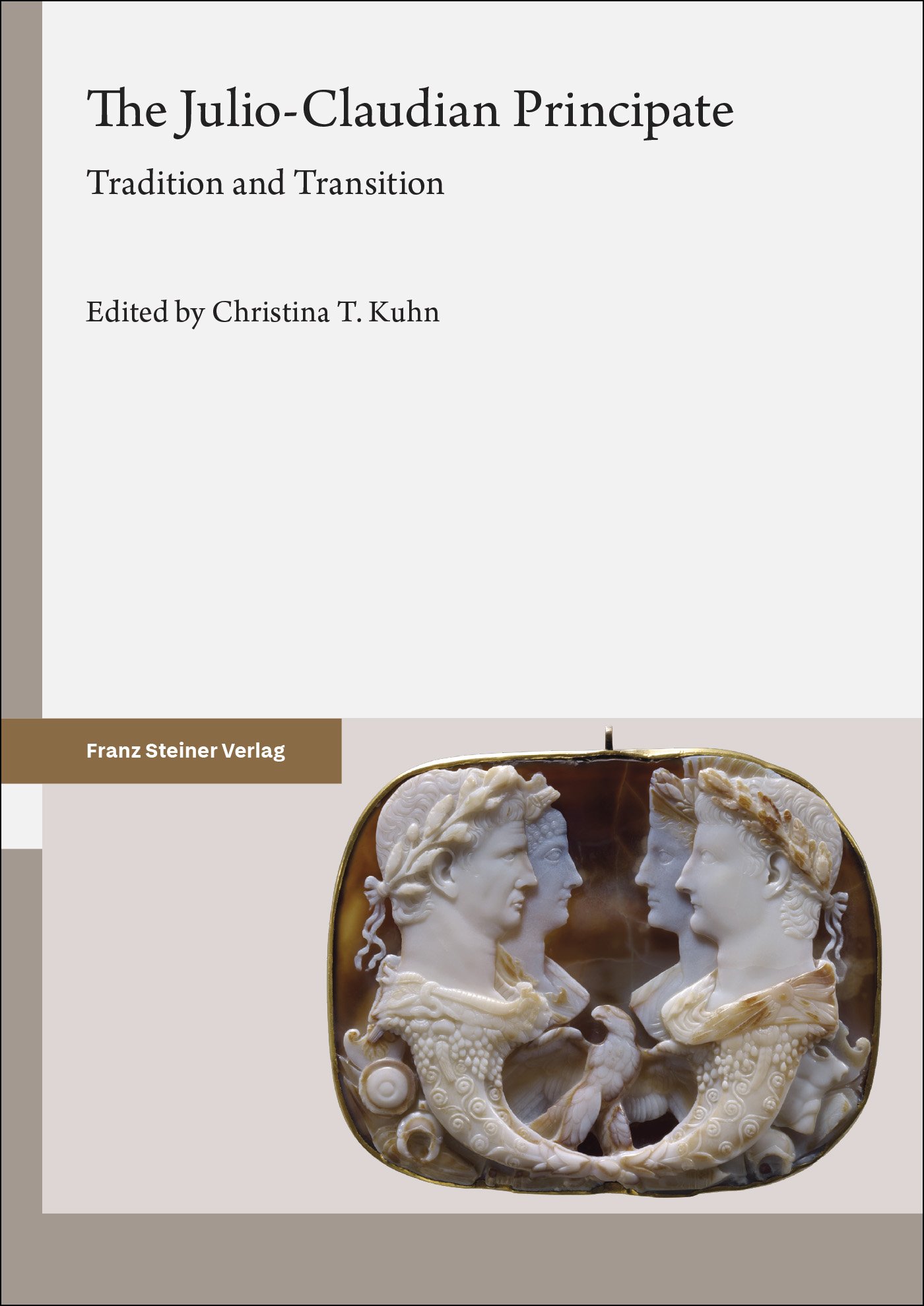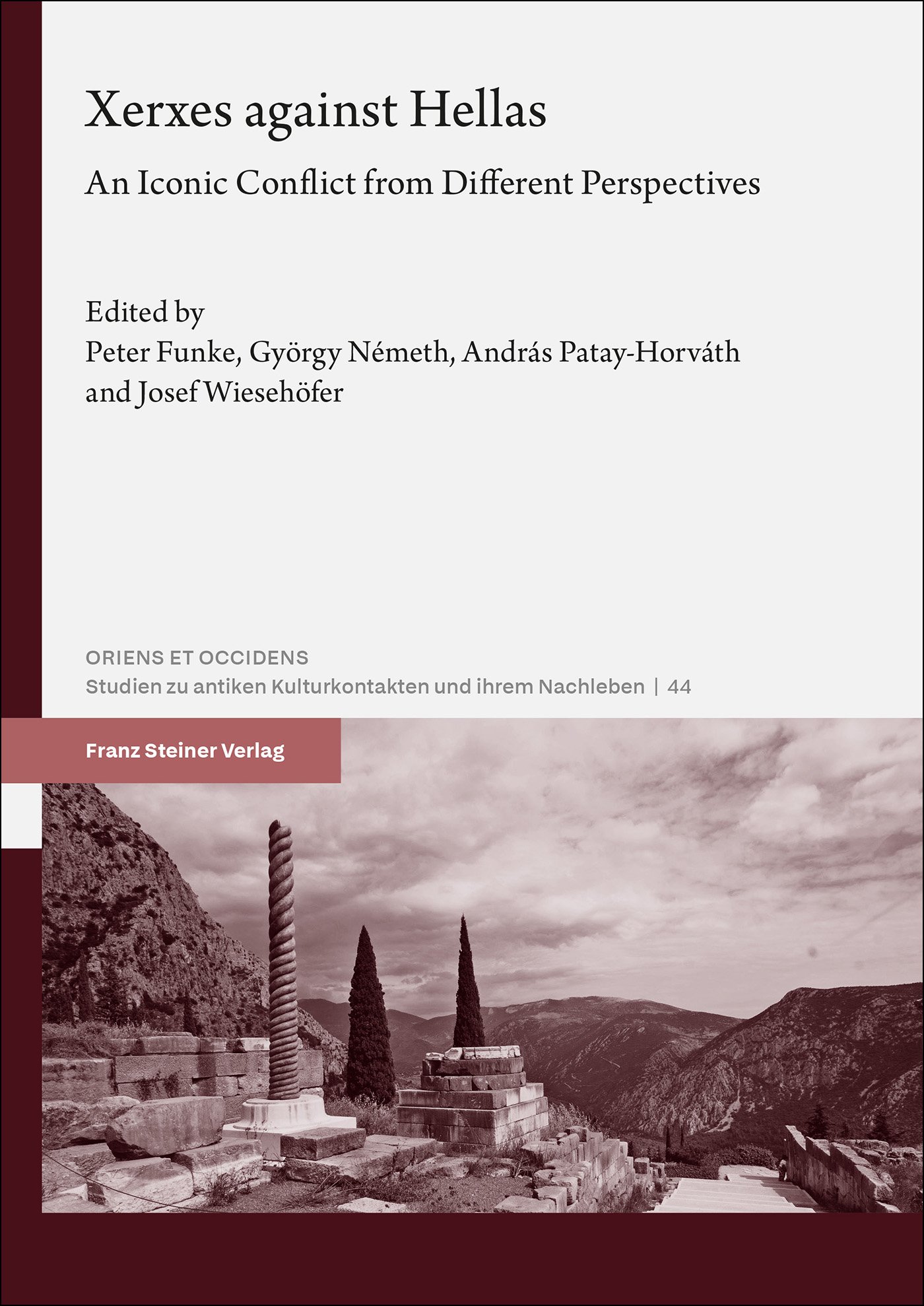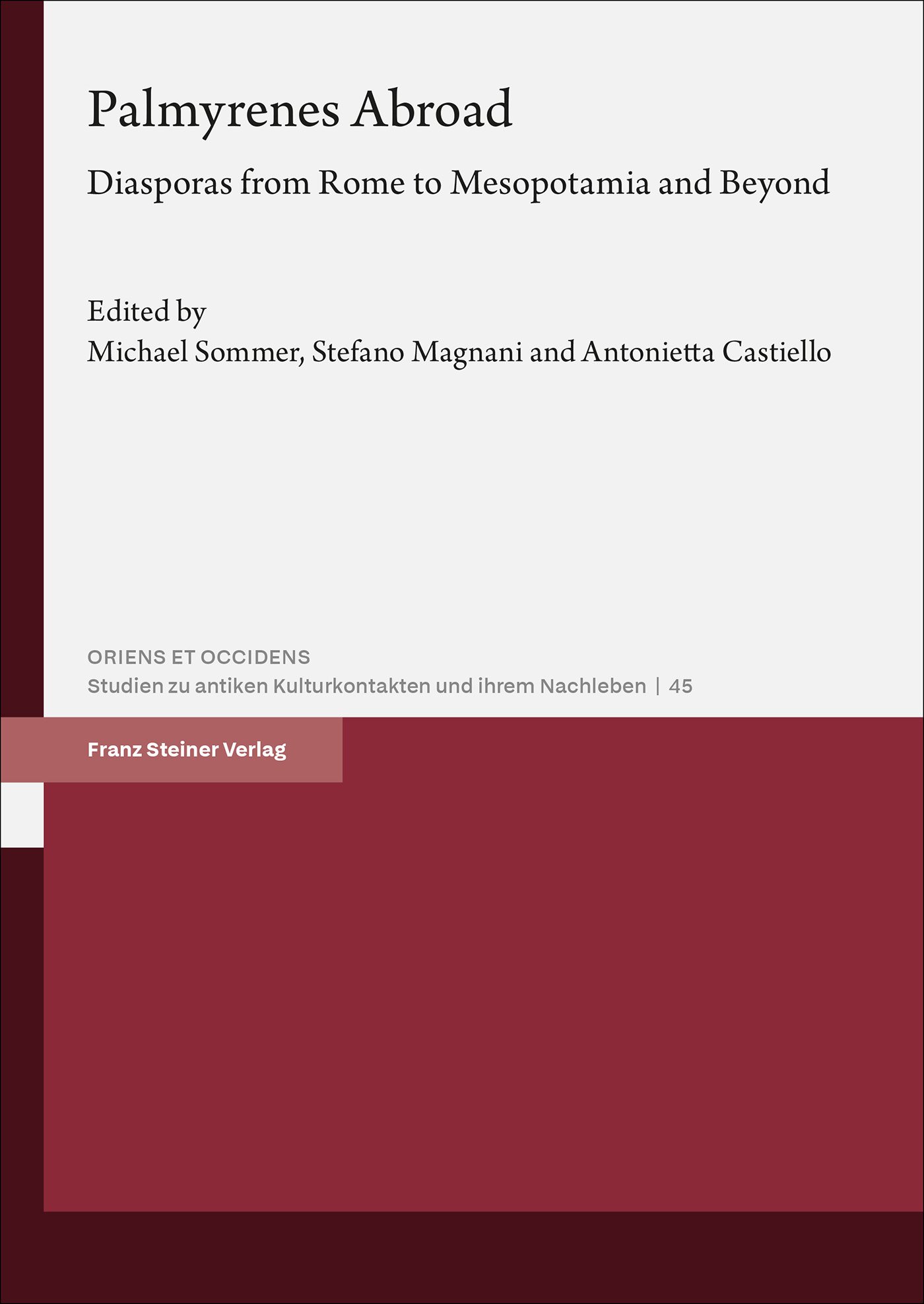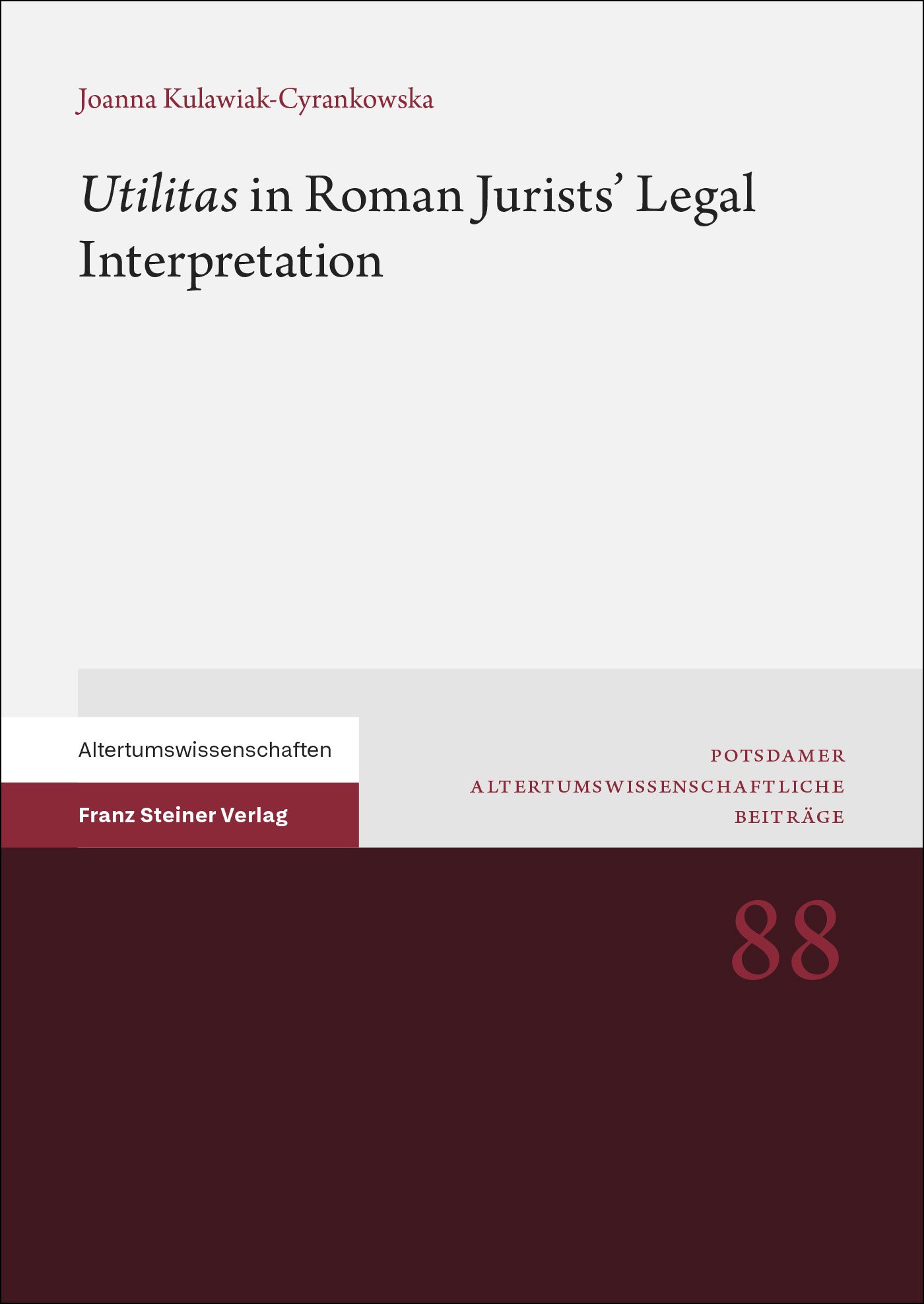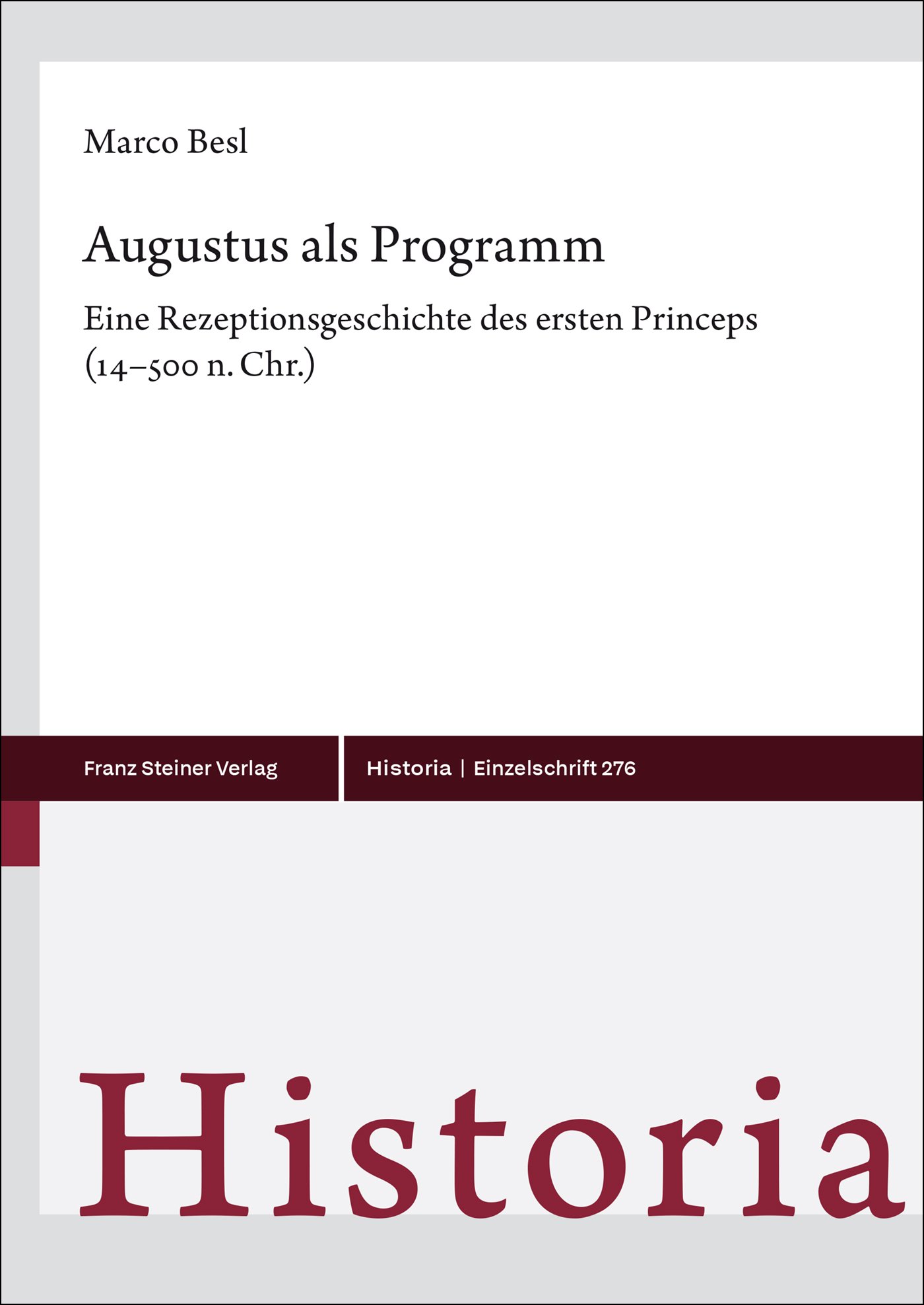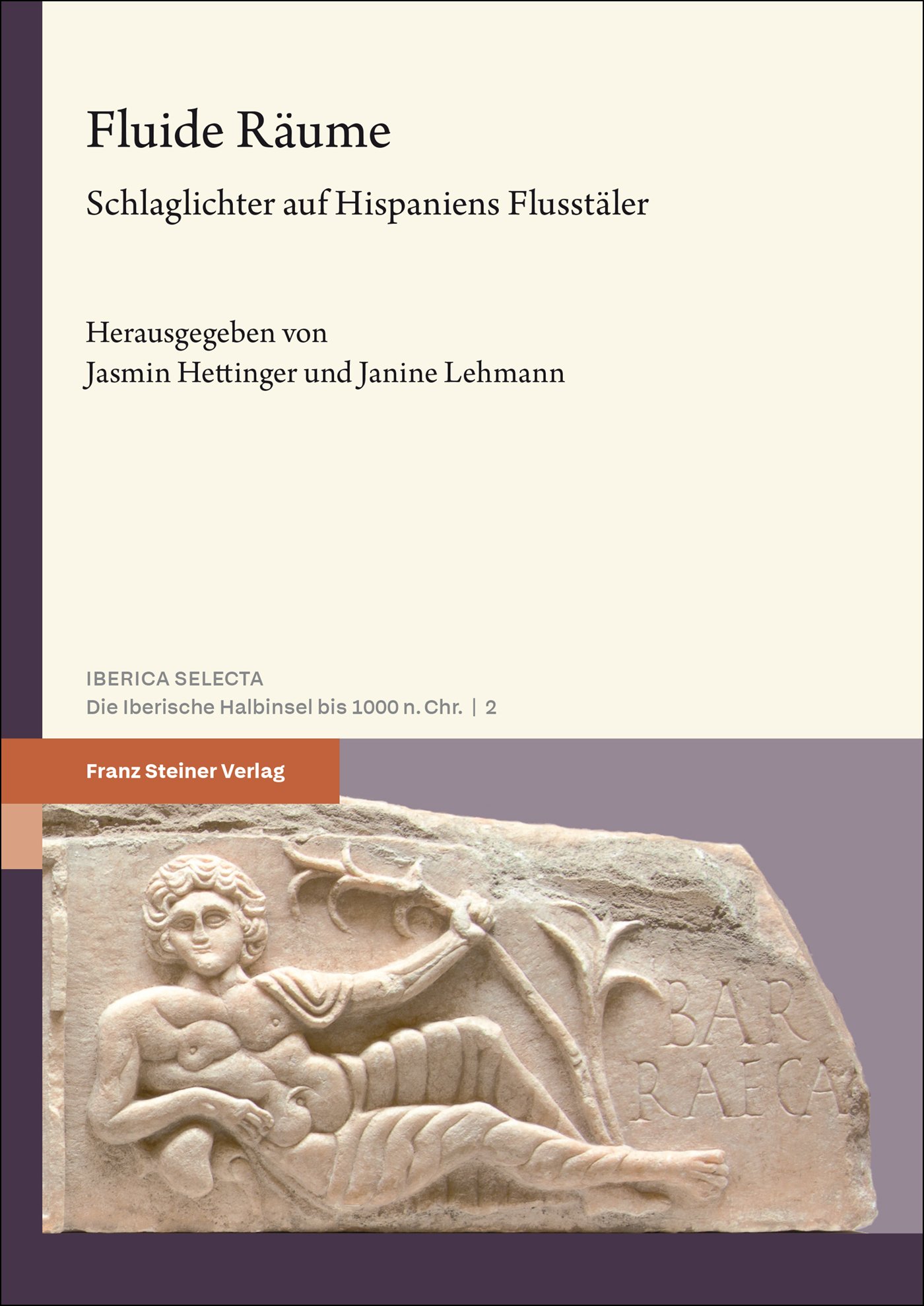Slaves of the People
Slavery played a crucial economic and social role in the Roman history. Unfree individuals were employed to perform a wide range of duties in both the domestic environment and the public sphere. Along with the large population of private slaves who were owned by individual masters, and the smaller but influential group of Imperial slaves who were property of the emperors, there was another category of slaves: the so-called 'public slaves' (servi publici). They were unfree individuals, owned by a community rather than a single master.
Based on primary evidence, Franco Luciani aims to provide a comprehensive study of public slavery in the Roman world. By focusing on the use of public slaves in both Rome and in other cities of the Western Empire, as well as on the development of public slavery from the Middle Republic to Late Antiquity, Luciani attempts to define public slavery and to explore the historical significance of public slavery across time. He also analyses the role played by public slaves in the life of the community they belonged to. Specific attention is then drawn to manumission of public slaves and the legal status of freed public slaves. Finally, Luciani addresses the issue of the position of public slaves in Roman society.
„The evidence used and the collection of information in the appendices will make the volume necessary to consult for any future research being undertaken on Roman public slavery. Once considered an understudied topic […] [the book] shows why much more engagement with Roman public slavery is needed.“
Javal Coleman, The Classical Review 74,1 (2024)
„Franco Luciani [hat] mit seinem ganzheitlichen Ansatz eine materialreiche und weiterführende Studie zur servitus publica vorgelegt.“
Leonhard Schuhmacher, Historische Zeitschrift 315,2 (2022)
| Reihe | Potsdamer altertumswissenschaftliche Beiträge |
|---|---|
| Band | 79 |
| ISBN | 978-3-515-13140-7 |
| Medientyp | Buch - Kartoniert |
| Auflage | 1. |
| Copyrightjahr | 2022 |
| Verlag | Franz Steiner Verlag |
| Umfang | 489 Seiten |
| Abbildungen | 15 s/w Abb. |
| Format | 17,0 x 24,0 cm |
| Sprache | Englisch |
